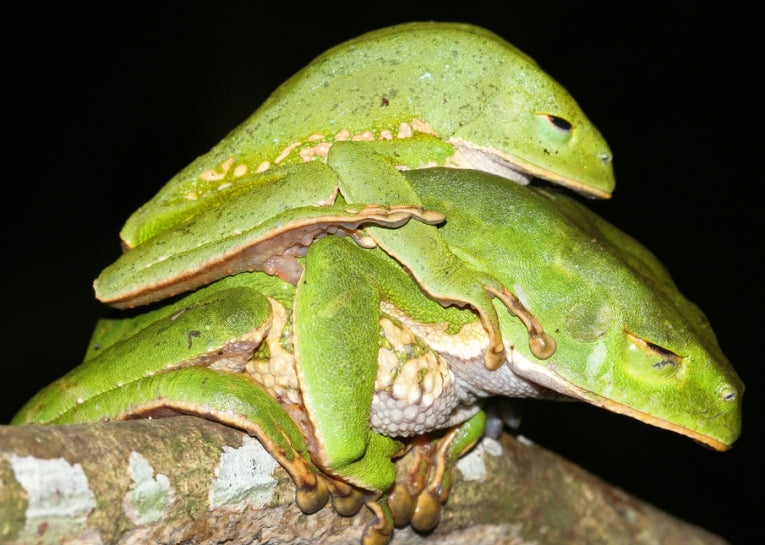Rafael Correa is the Ecuadorean president. It was his political decision on Thursday to suddenly dismantle the flagship ITT Initiative whereby 200,000 hectares of the Amazon rainforest of the Yasuni is kept pristine and governments can pay in donations as part of their carbon mitigation measures. In 2007, this was a magnificent gesture of reducing the environmental maintenance costs of a relatively poor country. The Yasuni Reserve is said to have the world's most renowned biodiversity. The President's plan hoped to raise $3.6bn because of this, but only $116 million was pledged and a mere $13 million actually paid out.
Apart from paying for industrial carbon emissions by other countries, the fact that oil wold remain in the ground is important. If taken, the equivalent of 410 million metric tonnes of carbon dioxide would be emitted from the estimated 846 million barrels of heavy crude. This is a big industry and a big loss to the environment. Oil provides 33% of Ecuador's GNP and these 3 new oil fields would account for 20% of its reserves. On the other hand, the loss of such biodiversity could prove a death blow to the whole Amazon's ability to resist more and more drilling and mining.
There has been a kind of hostage situation in terms of these unique forests. The Waorani, Tagaeri and the Taromenane tribes live in the Yasuni area as well as the Waorani reserve itself. Some of these native peoples have never been contacted from the outside, so there is further concern about the preservation of delicate human systems as well as the ecosystems. If money were given to Ecuador alone, to spend as they thought fit, the oil industry was to be kept out. If any organisation wanted to spend or invest in some other way, then the oil companies would also be let in. The President seemed to be saying we should pay or he would drill!
The Amazon as a whole is the earth's greatest supplier of oxygen to us and, sensibly. It also disposes of more carbon dioxide than any other "sink." Italy, with $51 million is the only developed country that so far has donated to the president's governing group rather than the Yasuni people, who have been receiving German aid. According to the President, "The world has failed us with the great hypocrisy of nations who emit most of the greenhouse gases. It was not charity that we sought from the international community, but co-responsibility in the face of climate change."
Now we have to work out whether we were all right to doubt the President. Or should we have backed him and made him appear to be the great environmentalist?










